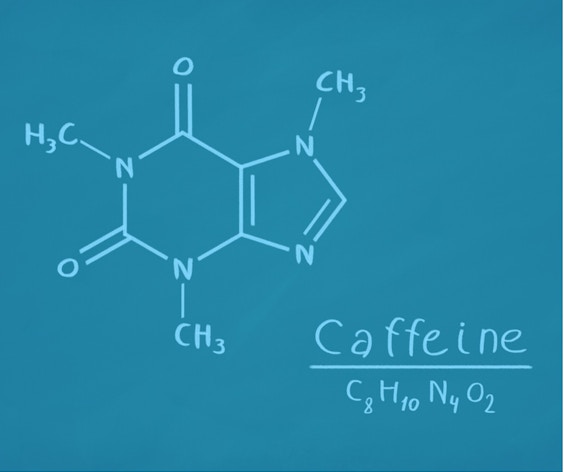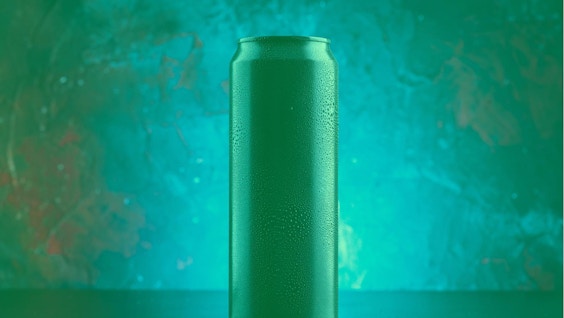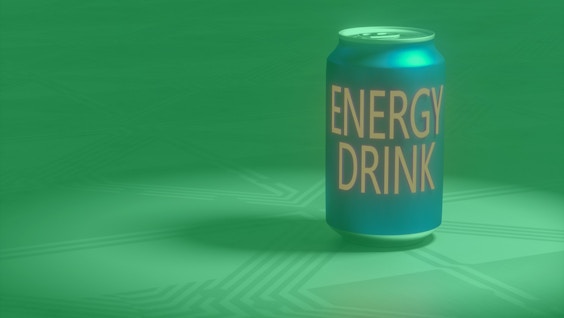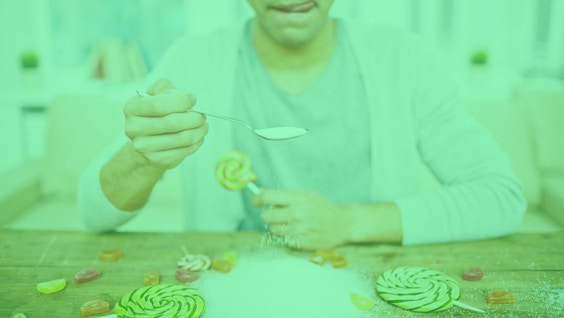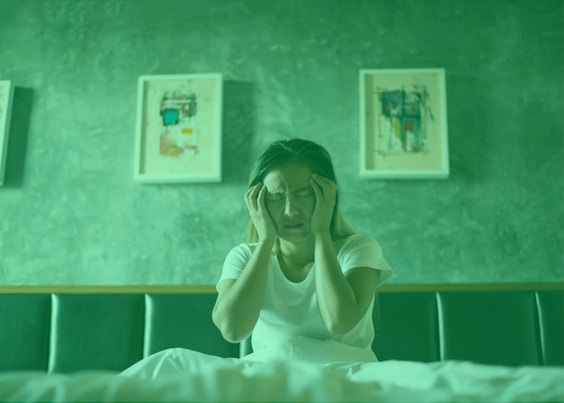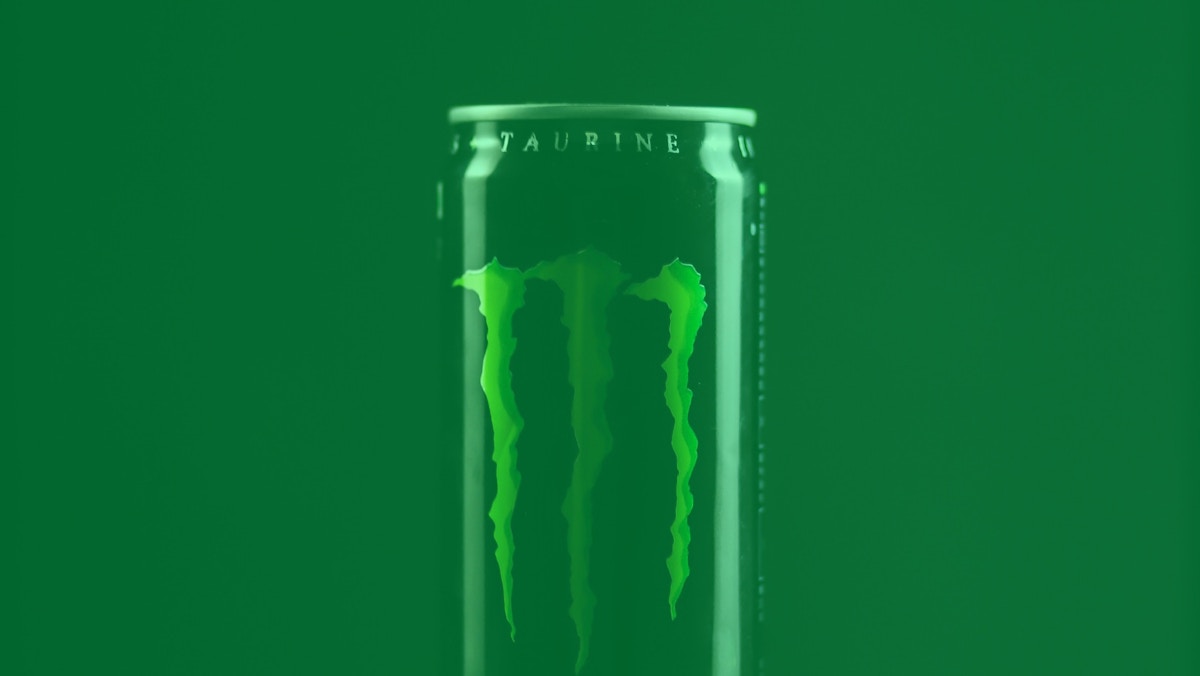
Monster Energy Drink Addiction: When to Ask For Help
Last Updated: Tue, January 23, 2024Monster Energy drink addiction is an issue among teenagers and working people.
Adolescents and adults usually consume Monster Energy drinks for the caffeine it contains. However, this is not always the case. At times, Monster Energy drinks do not boost energy levels. They can also be addictive.
This post explores Monster Energy drink addiction, its negative effects, and when to ask for help.
What Is Monster Energy Drink Addiction?
To properly understand Monster Energy drink addiction, we must first define addiction.
Addiction is an umbrella term with negative implications. It differs in severity and nature, as there are physical and mental addictions.
Those who believe they have a Monster Energy drink addiction must understand the addiction they have in order to overcome it.
Physical addictions commonly have one or more negative symptoms when the addictive substance is stopped. This process is called withdrawal.
On the other hand psychological addiction does not have negative physical implications.
Depending on the person, Monster Energy addiction can be either physical, psychological, or both.
Furthermore, Monster Energy drink addiction has been connected to caffeine addiction.
Monster Energy drinks typically have three important ingredients: sugar, caffeine, and a carbonated beverage.
Caffeine, not sugar or carbonated beverages, is addictive. Withdrawal symptoms may include headaches, nausea, vomiting, and feelings of despair.
Monster Energy XXL drink has 240 mg of caffeine per can. This is more than four times the typical caffeine content in sodas, which ranges from 22 mg to 46 mg.
In summary, Monster drink energy addiction is defined as drinking excessive amounts of the said energy drink without being able to limit your intake. It may be characterized by addictive symptoms comparable to drug addiction. It is also connected to a variety of health problems.
Negative Effects of Monster Energy Drink Addiction
Monster Energy drink addiction may harm your health, social interactions, and other aspects of your life.
Here are the negative effects of Monster Energy drink addiction:
1. High Blood Pressure
According to multiple studies, caffeine in Monster Energy drinks elevate blood pressure. This is due to its stimulatory impact on the neurological system.
Elevated blood pressure is a risk factor for heart diseases because it can damage arteries over time, limiting blood flow to the heart and brain.
Caffeine consumption has also been demonstrated to increase blood pressure during exercise in both healthy adults and those with moderately high blood pressure.
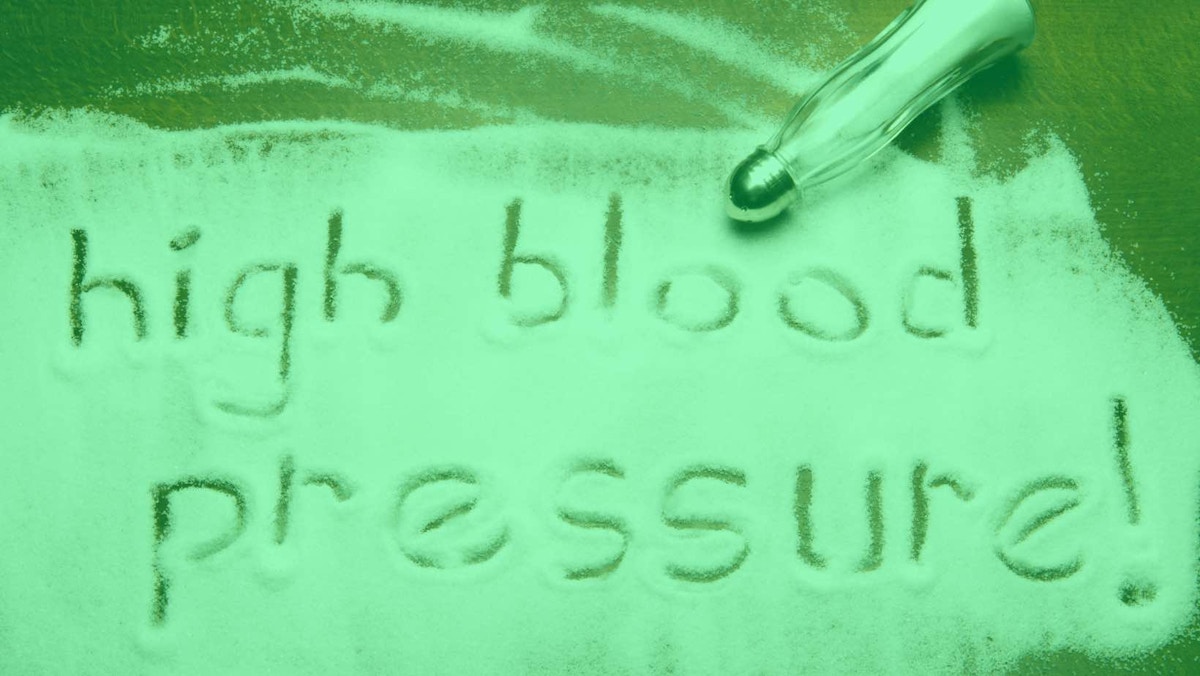
2. Rapid Heart Rate
High caffeine intake as a result of Monster Energy drink addiction may cause your heart to beat quicker.
It may also cause an irregular pulse rhythm known as atrial fibrillation. This has been recorded in young people who took exceptionally high caffeine dosages from energy drinks.
In one case study, a lady who attempted suicide by ingesting a large amount of caffeine powder and pills experienced an extremely high heart rate, renal failure, and other major health problems.
3. Fatigue
Monster Energy drinks are well-known for increasing energy levels. They can, however, have the reverse effect by causing rebound fatigue after the caffeine has left your system.
According to one study, while caffeinated energy drinks boosted alertness and mood for several hours, individuals were frequently more exhausted than normal the next day.
4. Sleep Issues
People like Monster Energy drinks because they help them remain awake. In addition, caffeine in Monster Energy drinks make it harder for people to sleep.
One research looked at how the time of caffeine consumption impacts sleep. Researchers gave 400 mg of caffeine to 12 healthy people six hours before bedtime, three hours before bedtime, and right before bedtime.
The amount of time it took all three groups to fall asleep and stay awake at night increased dramatically.
These findings imply that caffeine in Monster Energy drinks can cause sleep issues.
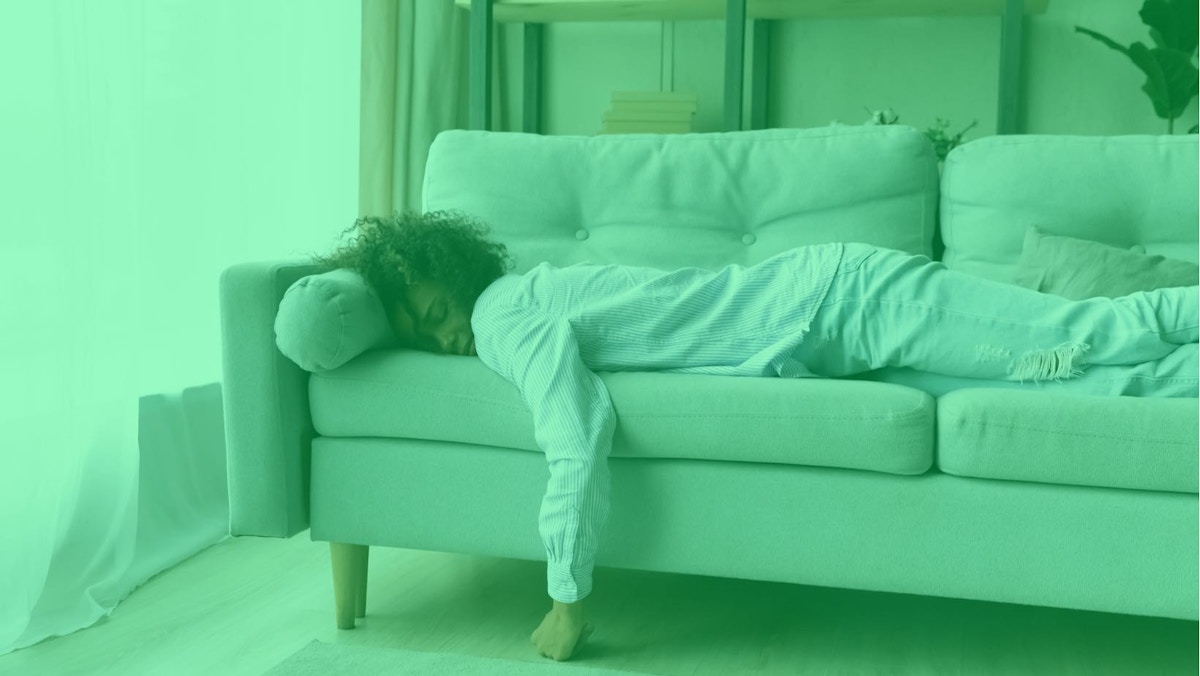
5. Digestive Problems
Caffeine can increase bowel motions by enhancing peristalsis. It is the contractions that transport food through the digestive system.
Given this, high caffeine levels can cause loose stools or even diarrhea in some people.
When to Ask for Help
If you excessively drink Monster Energy and feel like you can’t quit caffeine cold turkey, it’s time to ask for help.
When this excessive drinking leads to issues mentioned above, it’s time to quit. If you feel like you’re getting addicted to Monster Energy drinks, it’s time to get help.
The first step is reaching out to a professional to discuss your symptoms. Together, you will be able to come up with a detox and treatment plan that will stop your Monster Energy drink addiction.
Conclusion
Monster Energy drinks are pretty much everywhere. You have low-calorie and low-carb blends, all packaged in the eye-catching black can with the Monster "M" on it.
However, these energy drinks don’t give you energy all the time. They can also lead to addiction.
While it may seem hard, know that you can get through it. You can do so with the correct treatment plan, support system, and sobriety app like I Am Sober.
I Am Sober is a free app that helps you get some control back in your life.
